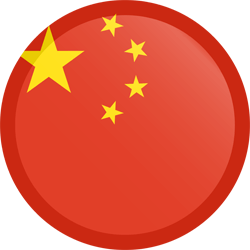[…] China’s dominance at sea comes at a high human and environmental cost. According to the Global Organized Crime Index, China is a major hub for human trafficking and forced labour, and these criminal activities have also been detected within its fishing fleet.
[…]
According to the UN’s International Labour Organization, in 2021 at least 128 000 fishers were trapped in forced labour aboard fishing vessels worldwide. Abuse of these workers is common, with Chinese squid ships being among the most brutal. An investigation by the Outlaw Ocean Project, a non-profit journalism organization based in Washington, found a pattern of human rights abuses on the Chinese ships that were part of the study. Abuses included debt bondage, the withholding of wages, confiscation of passports, lack of timely access to medical care, violence and excessive working hours of 15 hours per day, six days a week. Crew members were found to suffer from injuries, malnutrition and other illness.
[…]
Through a search of company documents and state media stories, the Outlaw Ocean Project’s investigation revealed that over the past five years, more than 1 000 Uyghurs and other Muslim minorities were sent to work in at least 10 seafood processing plants in China. The investigation also found that workers from North Korea are sent to work in Chinese processing plants, mainly in the Liaoning province. For 30 years, the North Korean government has sent citizens to work in factories in Russia and China, and taken 90% of their earnings to deposit in government-controlled accounts. As of November 2022, more than 80 000 North Koreans were employed in Chinese border cities, including hundreds in seafood plants.
[…]


